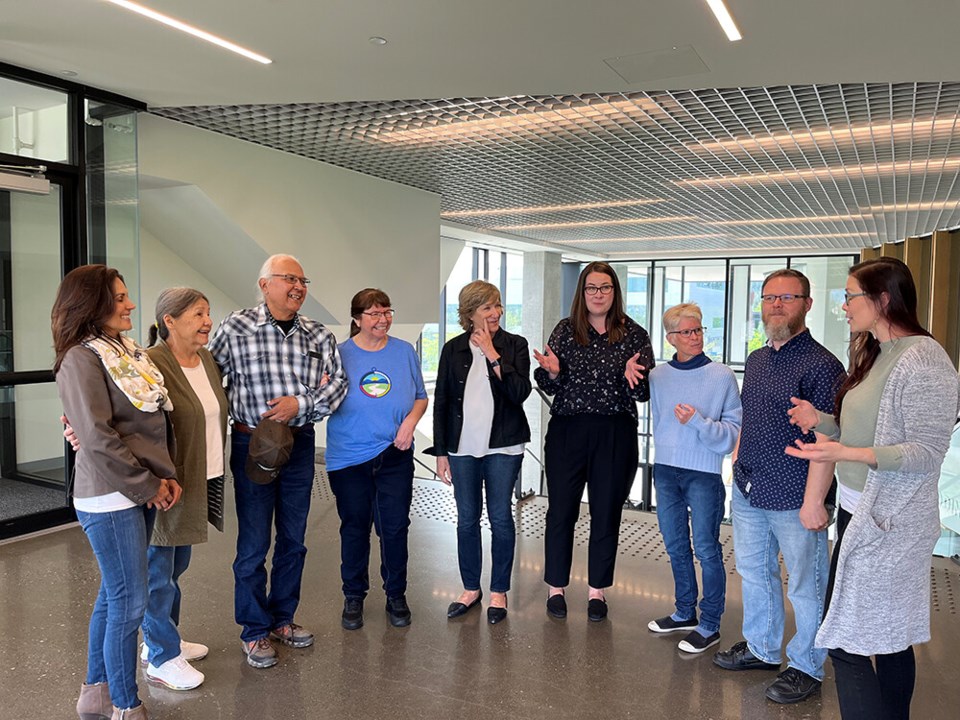The University of British Columbia Okanagan is now offering a new path designed specifically for Indigenous registered nurses or registered nurses who work with Indigenous peoples, organizations or communities.
UBCO is introducing a new layer of what they are calling, 'thematic instruction' in its Master of Science in Nursing program. The initiative specifically targets Indigenous registered nurses or those who work with Indigenous peoples, organizations, or communities, with the aim of addressing racism in the health-care industry and supporting Indigenous nurses while incorporating Indigenous knowledge into mainstream nursing education and practice.
“Canada’s universal health-care system is one of the best in the world, yet Indigenous Peoples continue to experience poor health outcomes due to colonialism and racism,” says Dr. Donna Kurtz, an Indigenous scholar and nurse working with interdisciplinary Indigenous community-led health promotion research and programs since 2003. “Nurses are central to health program development, implementation, improvement and maintenance. They are pivotal in working holistically with Indigenous communities for mental wellness, health promotion, illness prevention and even the fallout from the COVID-19 pandemic.”
The Canadian Institutes of Health Research has contributed $683,000 to develop the initiative, which will be delivered at UBCO, Thompson Rivers University, the University of Victoria, Trinity Western University, and the University of Northern British Columbia. The University of Victoria's Dr. Bourque Bearskin is leading this project.
In addition, UBC’s Indigenous Strategic Initiatives Fund has provided $99,900 to establish an Okanagan community-led decision-making Home Circle as part of the provincial collective.
This initiative aims to involve community leaders, members, Indigenous graduate nursing students, and Elder Advisors from the Okanagan Indian Band and Berens River First Nation, along with other Indigenous organizations, in curriculum content, redesign, delivery, evaluation, and knowledge sharing.
“There is currently no other collaboration or program like this taking place across Canada,” Dr. Kurtz adds. “Nursing education programs continue to be dominated by Eurocentric knowledge and neo-liberal professionalization practices. Essential Indigenous health, cultural safety and cultural humility knowledges are lacking and few mandatory courses address the unique health needs and history of Indigenous populations.”
Students enrolled in the MSN program will have two directions to choose from. The first option involves engaging in more than 70 hours of Indigenous-specific practicum work, while the second option is a thesis-based program where students will work on research projects under the guidance of Indigenous scholars, communities, and organizations. Both pathways are available on a full-time or part-time basis.
“This project is an important step towards creating a truly Indigenous-focused education program,” says Jackie Denison, Interim Director for the School of Nursing. “The stream will enhance the navigation of graduate studies for Indigenous nurses. Students will receive a strength-based Indigenized curriculum, which will offer a unique opportunity to learn from Indigenous communities from across the province.”
To learn more about UBCO’s Indigenous Master of Science in Nursing pathway click here.



